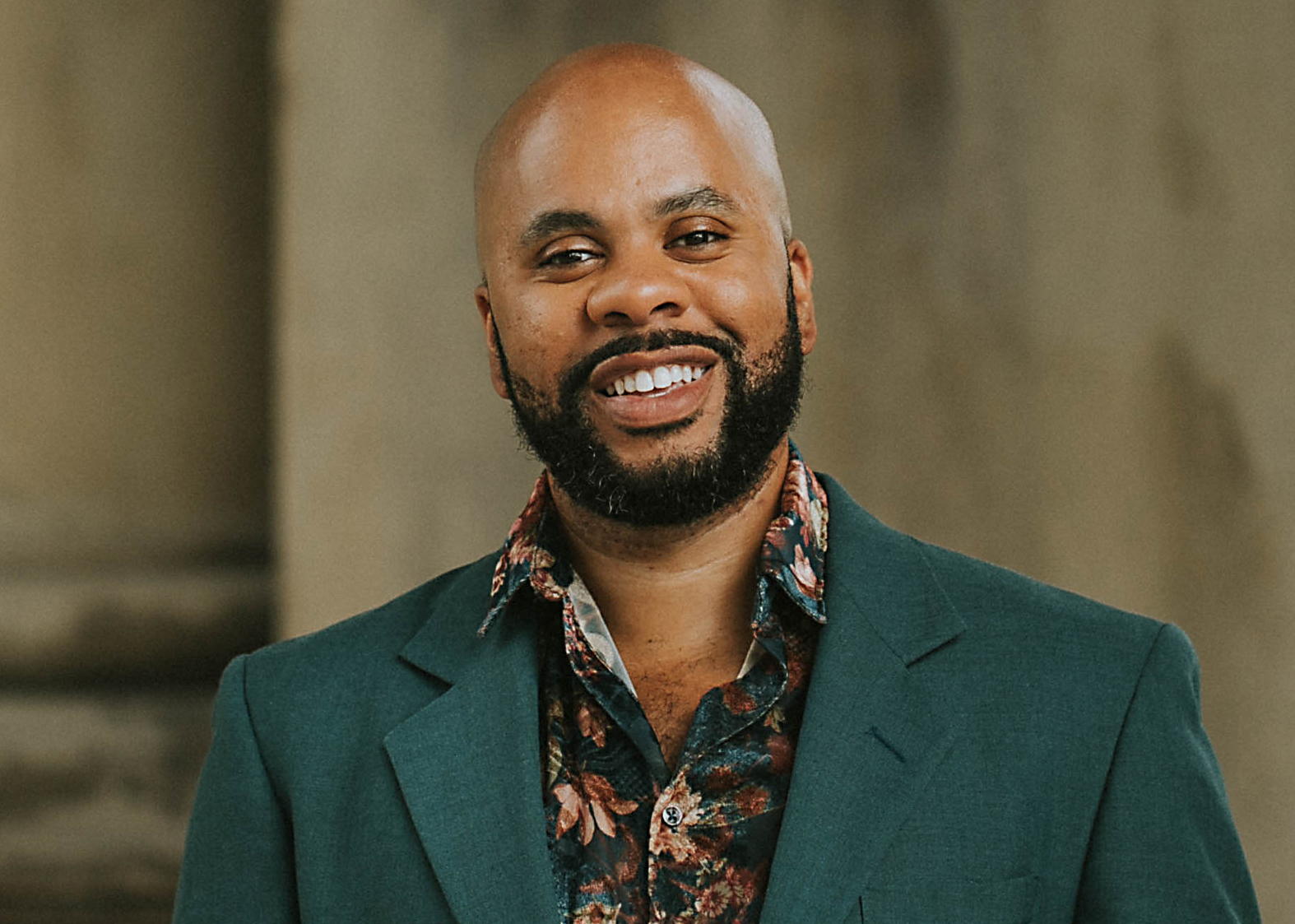Feeling frustrated with one-sided friendships and relationships is a common issue many face. This article explores advice on how to address imbalances in social dynamics and household responsibilities.
Asking Eric: Friends never initiate social plans

Key Takeaways:
- Communicate openly with friends who never initiate plans.
- Address underlying issues in relationships where one partner doesn’t contribute equally.
- Small adjustments and conversations can resolve everyday frustrations.
- Recognize that some individuals may not be natural initiators and may need encouragement.
- Seeking balance in relationships can improve overall satisfaction and connection.
When Friends Never Make the First Move
For many, friendships are a source of joy and companionship. But what happens when the effort feels one-sided? One couple shared their growing frustration:
“We enjoy social gatherings, especially dinners out, with all our friend groups. But only one or two of the couples ask us out as much as we ask them. The majority of the other couples only seem to go out with us when we initiate it. We feel we’d never hear from them unless we initiate the contact.”
Feeling like the perpetual planner can be draining. The couple is tempted to confront their friends about this imbalance but wonders how to do so diplomatically.
“Something simple but direct like ‘We like spending time with you, and it would mean a lot if you initiated plans next time’ can start the conversation,” advises columnist R. Eric Thomas. He notes that some people aren’t natural initiators and may not realize the burden they’re placing on others. Open communication can encourage more mutual effort.
Addressing Imbalances at Home
Imbalances aren’t limited to friendships; they can occur in romantic relationships too. A woman described her exasperation with her partner of seven years:
“I pay for everything—and I mean everything—which is annoying. But the worst is that my partner always uses the last of something, even stuff that exclusively belongs to me. He leaves the empty container behind and has never ever once replaced something.”
Despite her attempts to address the issue, nothing changes. Her daily frustrations are pushing her closer to ending the relationship.
Thomas empathizes with her plight. “Oh, the pain of going to the cookie jar or snack pack, heart set on a treat, and finding only air. It’s like a papercut—not the worst thing, by far, but wow does it sting.”
He suggests that the problem may run deeper than household habits. “I wonder how much of this frustration is about your partner’s very annoying habit and how much is about the imbalance in your relationship,” he writes. The financial and emotional disparities could be making her feel unvalued.
“This warrants a state of the relationship conversation,” Thomas advises. “Inventory the whole household. Where are you not feeling supported? What are the things that once worked for the two of you that no longer work for you? And what are you two going to do to fix them?”
Small Courtesies, Big Differences
Sometimes, minor adjustments can alleviate everyday frustrations. A reader offered a thoughtful solution to a previous letter about door-holding etiquette:
“I also hold the door for my wife and all in our party. However, once we are all through, I’ll walk through the door but keep it open behind me for a few seconds so the next group can follow along. The main point is to avoid being discourteous of the people behind us by letting the door close in their respective faces.”
Thomas praises this approach as “an elegant solution.” It allows couples to stay together while still extending courtesy to others. Small changes like these can make a significant difference in daily interactions.
The Importance of Open Communication
Whether it’s with friends who never initiate plans or partners who don’t share responsibilities, open dialogue is crucial. Expressing feelings and setting expectations can lead to understanding and positive change.
“Proactivity can be coached, even if you have to be the ones to initiate the conversation in the first place,” Thomas reminds readers. Recognizing that some individuals may need encouragement helps in fostering more balanced relationships.
Seeking Balance for Better Relationships
Imbalances in effort and responsibility can strain even the strongest bonds. By addressing these issues head-on and working collaboratively towards solutions, individuals can improve their relationships and enhance their overall satisfaction.
Open communication, empathy, and willingness to adjust can transform one-sided relationships into mutually fulfilling ones. After all, seeking balance isn’t just about fairness—it’s about building stronger connections with the people who matter most.











